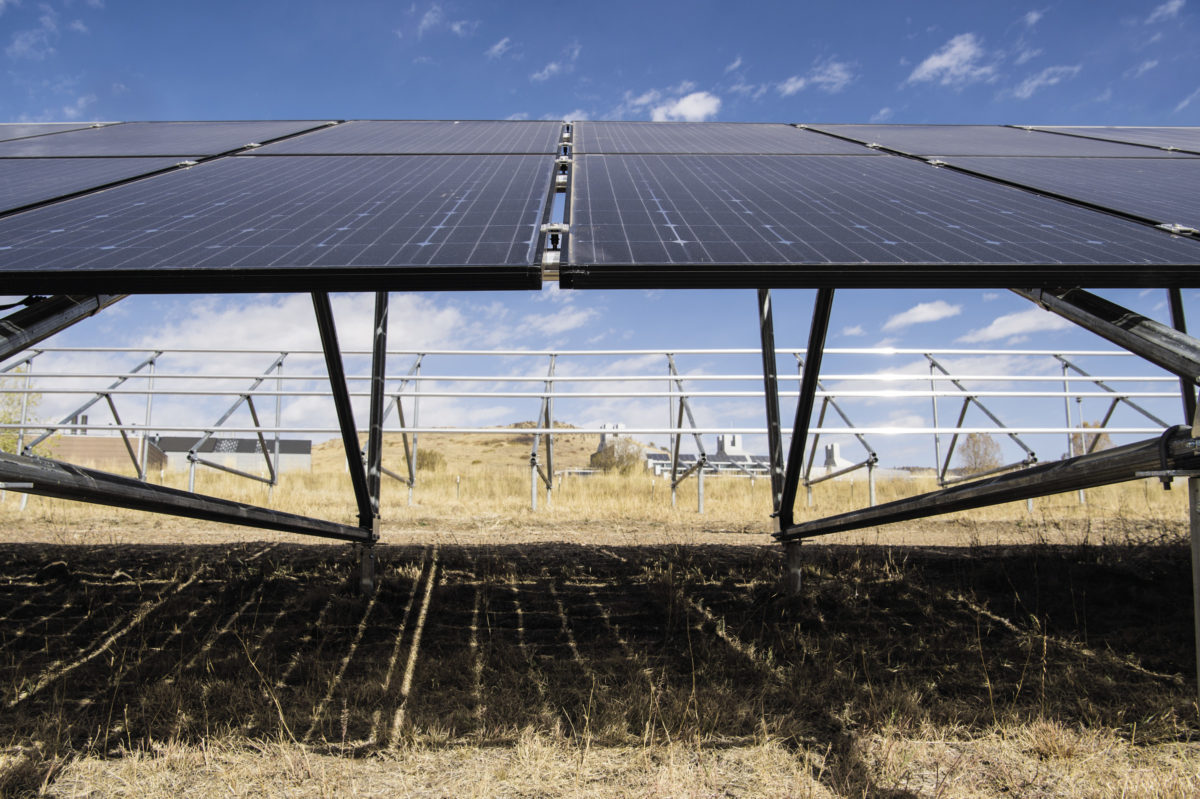From pv magazine USA
The U.S. Section 201 tariff exemption for imported bifacial solar modules has been repealed, with panels now subject to a 20% penalty – the same tariff imposed on almost all imported crystalline silicon solar panels since 2018.
Here is the U.S. Court of International Trade’s ruling. The tariff is scheduled to drop to 18% in February. But the Solar Energy Industry Association (SEIA) is opposed to the tariffs. “We are asking President-elect Biden to remove those tariffs a year early,” SEIA CEO Abby Hopper said in a recent press briefing.
Hopper added that signals from the Biden transition indicate an understanding of the impact of tariffs upon the industry. She noted that five solar companies started in the U.S. market and said that repealing the Section 201 tariff could cause U.S. facilities to fail. “It won’t come as a surprise to domestic manufacturing that those tariffs will end. It is not working,” she said.
Popular content
Hopper said there are ways to bring manufacturing back to the United States without being reliant on tariffs. She cited a recent white paper with goals of 100 GW of domestic manufacturing capacity for renewable energy.
The plaintiffs may file new lawsuits directly challenging Trump’s proclamation, according to Reuters. SEIA’s general counsel, John Smirnow, said the trade group might sue over the ruling.
Historically, import tariffs have been a blunt instrument with a track record full of unintended consequences. Certainly, module tariffs contribute to the United States having some of the highest utility-scale solar costs in the world.

This content is protected by copyright and may not be reused. If you want to cooperate with us and would like to reuse some of our content, please contact: editors@pv-magazine.com.



1 comment
By submitting this form you agree to pv magazine using your data for the purposes of publishing your comment.
Your personal data will only be disclosed or otherwise transmitted to third parties for the purposes of spam filtering or if this is necessary for technical maintenance of the website. Any other transfer to third parties will not take place unless this is justified on the basis of applicable data protection regulations or if pv magazine is legally obliged to do so.
You may revoke this consent at any time with effect for the future, in which case your personal data will be deleted immediately. Otherwise, your data will be deleted if pv magazine has processed your request or the purpose of data storage is fulfilled.
Further information on data privacy can be found in our Data Protection Policy.